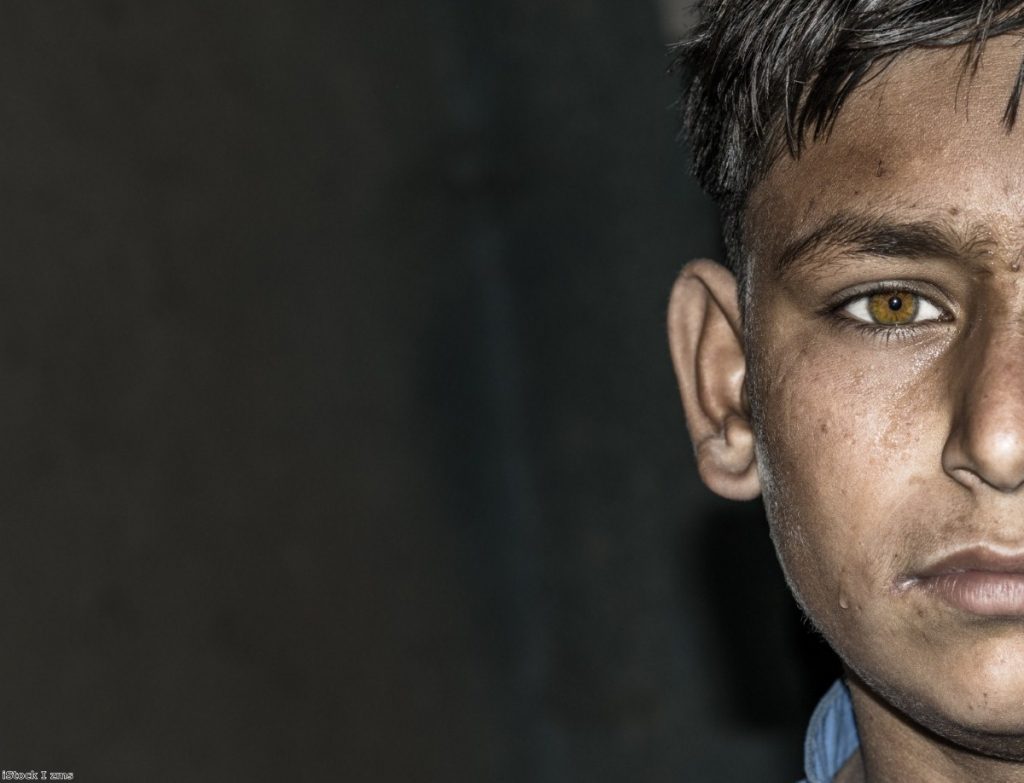By Sabir Zazai
As we emerge from lockdown, the Home Office proposes a return to 'business as usual' for the UK’s asylum system. But there can be no return to normal for people seeking refugee protection. Even pre-covid, the UK's asylum system was anything but normal.
In practical terms, this approach could mean a return to evictions for people living in asylum accommodation, forced destitution and the requirement to travel to Croydon and Liverpool at crucial stages of the asylum process – even if you live in Glasgow, have no money, and need to make an 800-mile return trip to do so. There is nothing normal about any of this.
People seeking asylum in the UK are not allowed to work to support themselves and their families, despite evidence of a wide and diverse skills base and imminent workforce shortages in certain sectors.


Banned from working, people seeking protection must find a way to live on around £5 per day, the current rate of asylum support. It is a completely inadequate amount that barely stretched to cover essentials pre-covid. Mid-pandemic, as the cost of everyday essentials like hand sanitiser and household cleaners soared, we saw the full impact of this separate and unequal system. A whole class of people – men, women, children, parents – denied the means to keep themselves safe, healthy and fed at the same time.
We've got to ask ourselves: is this normal?
Refugee rights supporters campaigned throughout lockdown for an increase in asylum support rates in line with the recent £20 increase in Universal Credit. The UK government announced an increase of just £1.85 per week. That's 26p per day – enough to buy half a pint of milk. Is it normal to treat one group of people so differently? Or is there another word for this?
At Scottish Refugee Council, like many other workplaces, we benefit from working alongside volunteers from refugee backgrounds: accountants, teachers, community development experts who don't want their skills and professional expertise to lapse as they wait, often years, for a decision on their claim for protection.
But we also know many others who are not able to keep their skills up to date, to practise English every day, to make friends and colleagues and connections.
The structural inequality of the asylum system leaves people overwhelmed by isolation, anxiety, and the disorientation of existing every day in a separate, parallel world. How much longer can we call this 'normal'?
There's nothing normal about the racist Hostile Environment policy, now subject to investigation on whether it breached equality law. There's nothing normal about torture survivors feeling dehumanised and re-traumatised after interviews with the Home Office about their right to seek refugee protection. There's nothing normal about unrelated people sharing sleeping space during a pandemic when private companies receive billions of pounds of government money to provide safe, secure accommodation.
Instead of an asylum system that supports people to settle into UK society and rebuild their lives in a meaningful and sustainable way, we have a parallel shadow system designed to keep people pushed to the margins, which routinely withholds rights from an entire section of the population.
Covid and Black Lives Matter is forcing a long overdue reckoning on all of us. How much longer can we talk in terms of 'business as usual' and accept that this is what 'normal' looks like?
Sabir Zazai is Scottish Refugee Council's chief executive. You can follow him on Twitter here.
The opinions in Politics.co.uk's Comment and Analysis section are those of the author and are no reflection of the views of the website or its owners.









